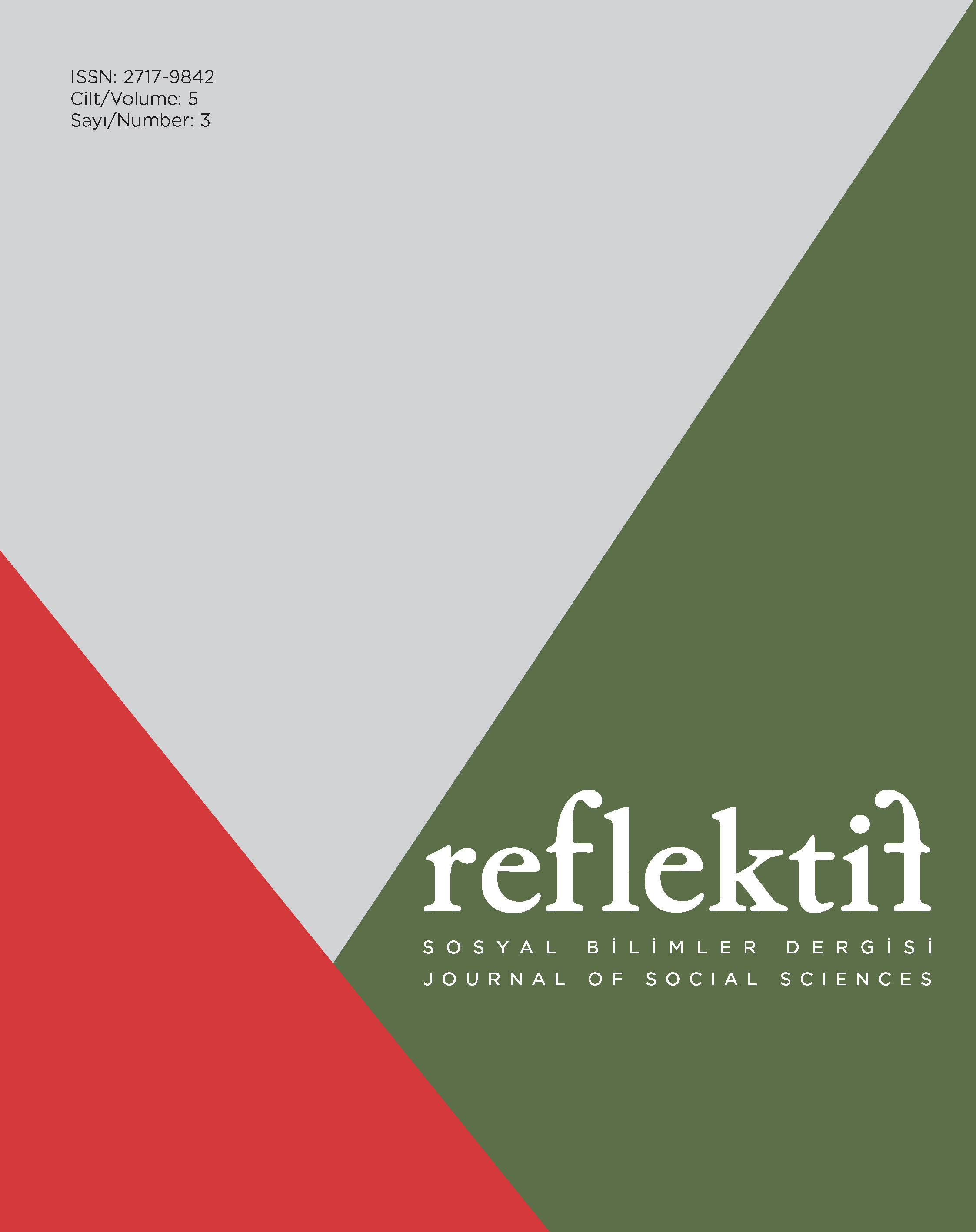From Exile to Extermination, in situ Killing to Euthanasia: Street Dogs of Istanbul in the Aftermath of Hayırsızada Incident
DOI:
https://doi.org/10.47613/reflektif.2024.195Keywords:
street dogs, Hayırsızada Incident, Himaye-i Hayvanat Cemiyeti, euthanasia, rabies, extermination, animal sheltersAbstract
In this article, I focus on the treatment of street dogs in Turkey throughout the first century of the Republic, following the 1910 incident in which nearly 80,000 stray dogs were exiled and left to die, known as the Hayırsızada Incident. I argue that we can interpret this trajectory as a historical interplay between two interrelated sets of relationships: violence against street dogs and care for them. I examine the intertwined discourses of this dual relationship that envelop the lives of animals living on the streets, including their orientations, conflicts, multiple dynamics, actors, spaces, and everyday practices. I aim to reveal the progression of what I call the “politics of dog eradication” in a dual framework: The first track focuses on how political power and public authority transform animals into objects of control and discipline, elements that disrupt public order, and vectors of disease. It follows the practices of mass killing, exile, and isolation organized under this understanding, along with their methods, spaces, and quest for strategies. The second track highlights the existence of discourses of compassion, protection, and care for animals as a subtle yet powerful force opposing violence against street dogs, their displacement, exile, and killings in various contexts, whether in their neighborhoods or in places referred to as shelters.
Downloads
Published
How to Cite
Issue
Section
License
Copyright (c) 2024 Mine Yıldırım

This work is licensed under a Creative Commons Attribution-ShareAlike 4.0 International License.
All manuscripts which are submitted to the REFLEKTIF Journal of Social Sciences should not be published, accepted and submitted for publication elsewhere.
In case an article is accepted for publication it is allowed to combine the article with other researches, to conduct a new research on the article or to make different arrangements on condition that the same license is used including the commercial purpose.
As an author of an article published in REFLEKTIF Journal of Social Sciences you retain the copyright of your article and you are free to reproduce and disseminate your work.




